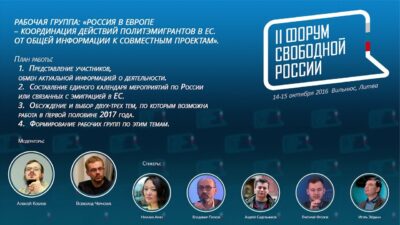Turkey and Saudi Arabia are holding talks on the return of Ukrainian children taken to Russia. This is reported by the Financial Times, citing four sources familiar with the negotiations.
According to the two interlocutors, businessman Roman Abramovich, who has previously mediated peace talks, prisoner exchange and a “grain deal” as Vladimir Putin’s unofficial representative in Ukraine, is involved in the discussions, the newspaper said.
According to the FT, negotiations on the return of the children, which had not previously been announced, have been underway for several months. This, the newspaper said, points to the desire of third parties to the conflict to find a way to negotiate compromises between Russia and Ukraine.
According to one of the sources, Saudi Arabia raised the issue of the need to negotiate the return of Ukrainian children at a meeting of G20 members in Copenhagen. At the same time, Western countries endorsed Saudi Arabia’s role as one of the mediators.
According to the FT, the problem of child removal is so serious for both sides of the conflict that they refuse to talk to each other directly – unlike, for example, negotiations on prisoner exchange.
Representatives for Vladimir Putin, Ukrainian President Volodymyr Zelensky, Turkish President Recep Erdogan and Abramovich did not respond to the FT’s inquiries about the talks.
“There is no [direct] communication with the Russian side. Moreover, we are convinced that there can be no negotiations in this direction, because we are not talking about the exchange of prisoners of war, we are talking about the civilian population, about children”, Ukrainian children’s rights ombudsperson Darya Herasymchuk said.
Ukraine claims that Russia organized the abduction of up to 20,000 children with the clear intention of erasing their Ukrainian identity. At the same time, according to the FT interlocutors, neither side keeps a centralized record of the children taken away. In addition, the different circumstances under which they were abducted make it difficult to compile a complete list or determine where they were sent.
“There is one situation where moms and dads are in Ukraine. Another situation where mom and dad are not there, but there is an aunt in Voronezh. The goal is to count all the children to understand how many there are and then find the best solution for each child”, said a person briefed on the negotiations.
The International Criminal Court in March accused Vladimir Putin and his children’s rights commissioner, Maria Lvova-Belova, of illegally deporting children from Ukraine’s occupied territories to Russia. The children removed from Ukraine are in Russian orphanages or foster families.





